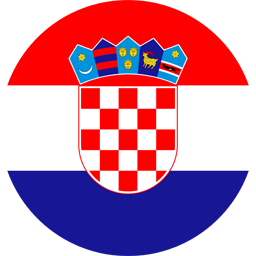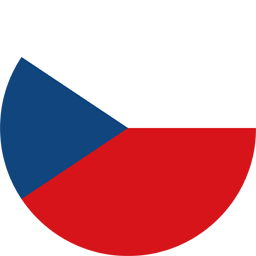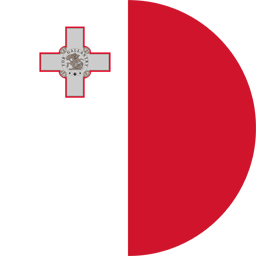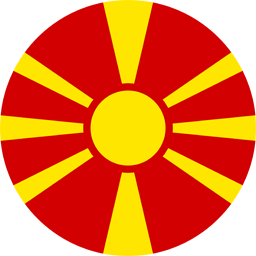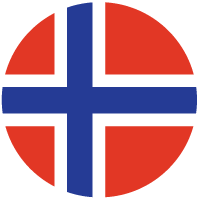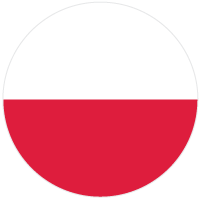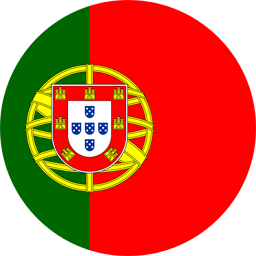18.3.2020 – OUG 30 / 18.03.2020 is issued, which provides allowances for independent artists and individuals:
• Art. 15, paragraph 1: providing a compensation equal to the gross minimum wage per economy for authorized natural persons and individual enterprises.
• Art. 10: the method of granting technical unemployment in the case of SRLs and NGOs that temporarily suspend the employment contract. Thus, the employees benefit from a state subsidized allowance of 75% of the salary, but not more than 75% of the average gross salary in the economy.
18.3.2020 – OUG 29 / 18.03.2020 is issued which includes economic and fiscal-financial measures with an impact on the cultural sector:
• Art. 1: Implementation of a multi-annual program to support SMEs in order to reduce the effects of the spread of COVID-19, by guaranteeing credits and subsidizing the interest for this financing.
• Article 10, paragraph 1: Small and medium-sized companies, as defined by Law no. 346/2004, who have totally or partially interrupted their activity based on the decisions issued by public authorities, during the period of emergency, having been granted a certificate for emergency situations issued by the Ministry of Economy, benefit from deferred payment of utilities, electricity , natural gas, water, telephone and internet services, as well as the deferred payment of the rent for the building destined for registered offices and secondary offices.
23.3.2020 – Following a petition signed by almost 13.000 people from the independent cultural sector and, following a report submitted to the Government, OUG 32 / 26.3.2020 was issued. It stipulates that natural persons who obtain income exclusively from copyright and related rights, according to the regulations in effect, will receive a compensation equal to 75% of the average gross national wage guaranteed from the general budget consolidated by the County Agencies for Payments and Social Inspection or the Agency for Payments and Social Inspection of the Municipality of Bucharest. It specifies that people must not obtain income from other activities and must declare on their own responsibility that they are unable to carry out their activity based on the decisions issued by the competent public authorities according to the law.
25.03.2020 – The National Institute for Cultural Research and Training announces the establishment of the Register of the Independent Cultural Sector, useful in all the steps regarding the mobility and support of this sector, determining the regulatory needs and ensuring its presence in the future national strategy in the field of culture.
25.3.2020 – The Administration of the National Cultural Fund announces that it keeps open the call for the second financing session of 2020, precisely to support the cultural operators in the context of the aggravation of the crisis caused by Covid-19. Moreover, some of the public cultural institutions (National Dance Centre, National Heritage Institute, Clujean Cultural Centre, National Museum Complex ASTRA Sibiu, Studio M Theatre in Sfantu Gheorghe) announce that they will not attend this funding session in order to show its solidarity with the independent cultural operators, whose resources have been drastically diminished.
27.3.2020 – The Ministry of Culture has launched the ACCES Online 2020 financing project, dedicated exclusively to the private sector, as a financial support tool for cultural projects, which have the capacity to be disseminated exclusively in the online environment. The project was designed in particular to help artists who, during this period, can no longer perform their artistic activities with the public. For this reason, the Ministry of Culture decided that this year, the annual funding session through the ACCES Program should be dedicated to cultural operators in the independent sector. The projects submitted under the ACCES Online2020 program must be in the fields of theatre, music, dance, visual arts and intangible heritage. The amount allocated to finance the selection session is Lei 1.000.000. The maximum amount that can be requested for a cultural project / action is Lei 5.000. To be eligible, the cultural offers submitted under the ACCES Online Program must run between May 30th and August 31st, 2020. The deadline for submitting the participation file is April 30th, 2020.
Also, solidarity initiatives appear with the mission to support the cultural sector, but also to involve the cultural sector in supporting the efforts of hospitals in the current context. The Radio Romania Cultural station announces the priority broadcasting of Romanian music to support the artists affected by the state of emergency. Cluj is launching the platform A single Cluj that brings together institutions and individuals from various fields, including culture, to mobilize resources to hospitals and authorities. Moreover, the Clujean Cultural Centre together with the Health Observatory launches the Artists Together platform with the mission to engage artists in an effort to inform and raise public awareness in Romania on the importance of observing the rules and recommendations communicated by the authorities during the generated state of emergency during the coronavirus pandemic, as well as to help inform the population about relevant factual data in the context of the current state.
In addition to these responses from the authorities, society in general and the cultural sector in particular, institutions are taking steps to continue their activity and stay in touch with the remote public. Mostly this involves moving cultural activity to digital platforms for spectators, both for a fee and for free, and launching campaigns to connect with the public in the digital environment. Of these, we mention the following generic examples:
- Independent and public entertainment institutions broadcast live recordings or broadcasts of shows and rehearsals.
- Musical institutions broadcast concert recordings
- Museums provide virtual tours of exhibitions and digitized heritage objects to the public
- Publishers offer books in digital format (ebooks)
- Libraries offer books and digital archives open to users
Essentially, cultural activity moves from offline to online, and thus, the digital environment acquires an important role not only in promoting, but also in carrying out the cultural act.
At the same time, cultural consumption adapts to this context, being constructed in the public discourse as an element of psychological comfort, but also as an act of solidarity with the cultural field and the people affected by the Covid-19 crisis.
The evolution of these events is being monitored on the following platform: https://culturadatainteractiv.ro/monitoring-cultural-in-timpul-crizei-covid19/context/

